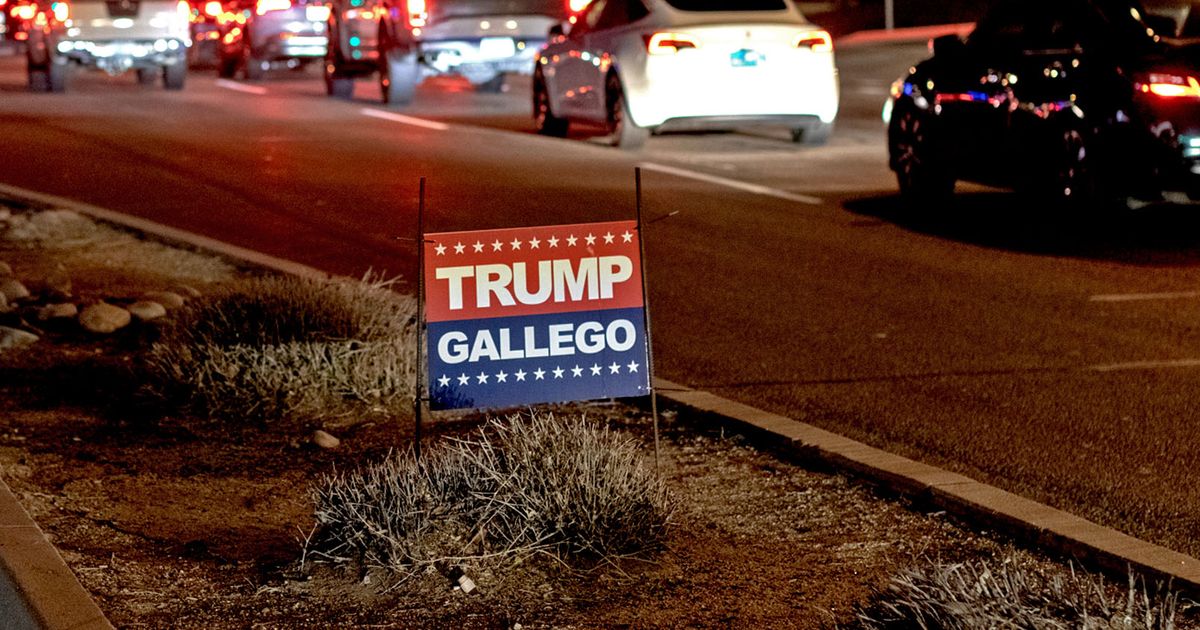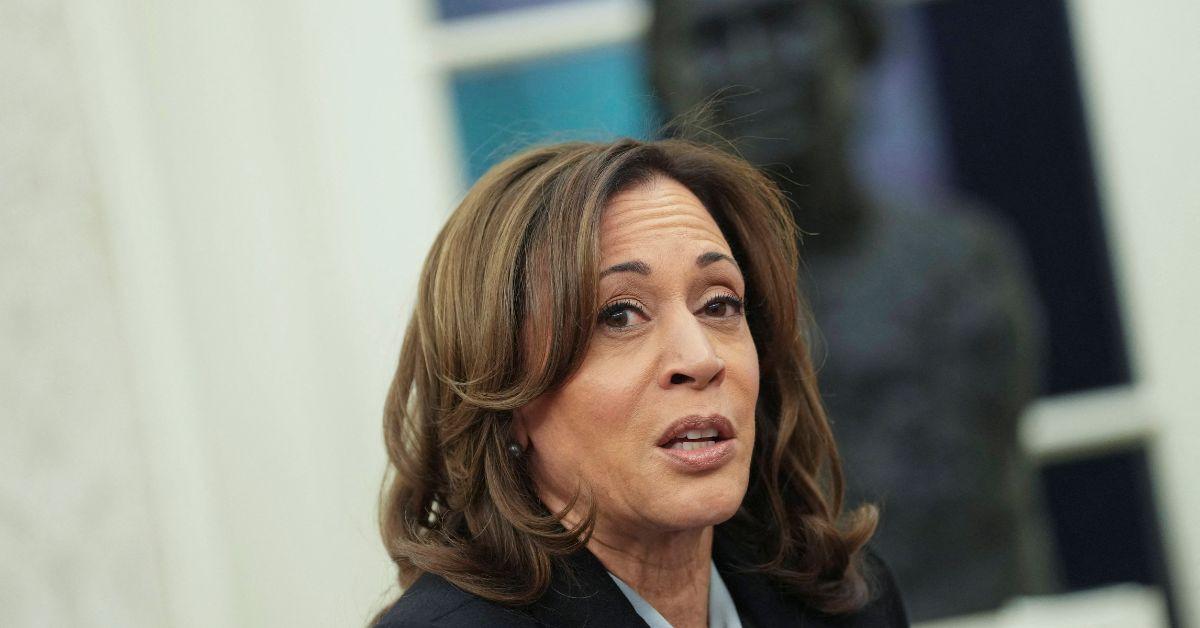During the 2000 presidential election, Republican presidential candidate George W. Bush (right) listens to Democrat Al Gore during their first presidential debate on Oct. 3, 2000, at the University of Massachusetts in Boston. (Photo by Darren McCollester/Newsmaker/Getty Images)
In the 2000 presidential election, Democrat Al Gore lost the state of New Hampshire narrowly, by 7,211 votes. Under the state’s “winner take all” system, all four of the Granite State’s Electoral College votes went to Republican George W. Bush, a win that would prove consequential in Bush’s overall victory.
This year, some lawmakers are proposing to change New Hampshire’s system.
A bill by Sen. Bill Gannon, a Sandown Republican, would eliminate the “winner take all” system and instead divide up New Hampshire’s four Electoral College votes into two groups. The first two votes would go to the candidate who won the entire state – New Hampshire’s popular vote. The second two would go to the winners of New Hampshire’s two congressional districts.
The result: If a candidate lost New Hampshire’s popular vote but managed to win one of the two congressional districts, the state would give them one Electoral College vote and their opponent three.
That kind of split would be unusual. Just two states, Maine and Nebraska, divide their Electoral College votes based on congressional districts. The rest give all their votes to their state’s overall winner.
But Gannon argues that the proposed system would make New Hampshire’s Electoral College allocations more representative of who its voters want in office.
And in 2000, it would have meant Gore, who won New Hampshire’s 1st District, could have picked up one more Electoral College vote. (He still would have finished three electoral votes short of winning the election.)
“I want the people in each half of the state to feel that their vote isn’t being overlooked,” Gannon said at a Senate Election Law hearing Tuesday where he introduced the bill.
Gannon’s idea has not garnered much public support, at least as of Tuesday’s hearing. No member of the public spoke in favor, and of the 73 people who weighed in on the Legislature’s website, two were in support and 71 opposed.
But his bill, Senate Bill 11, has six other Republican co-sponsors, Sens. Kevin Avard, Regina Birdsell, Timothy Lang, Tim McGough, David Rochefort, and Victoria Sullivan. And Gannon says he has heard demand for it from constituents.
The idea, he says, is: Residents of the 1st Congressional District, who voted in 2016 for Republican Donald Trump even as the state voted for Democrat Hillary Clinton, should have their presidential preferences counted if they deviate from the state overall, and so should voters in the 2nd District.
After 2016, Gannon said, “I did hear from people who said, ‘Geez, had we been a close election, we wouldn’t have got our voices heard.’ So again, we want everyone’s voice to be heard.”
And Gannon believes that if New Hampshire split its votes, presidential candidates might be more likely to campaign in the Granite State, which was once thought of as a swing state but has voted for a Democrat in every election since 2000.
“Had President Trump thought that one vote was in play, he would have been here,” Gannon said, speaking about President-elect Donald Trump’s decision not to campaign in New Hampshire during the general election. “He had no thoughts that he could carry the state, so he wasn’t going to come here. If it was (allocated) by congressional district, you can bet your bottom dollar he would have been somewhere in (Congressional District) 1 the last two or three weeks of the campaign.”
Opponents have raised a host of issues.
Ken Barnes, an attorney from Contoocook, testified that tying New Hampshire’s Electoral College allocations to congressional districts is arbitrary, and could lead to manipulation. State lawmakers, who must redraw the congressional districts every 10 years, could be incentivized to craft districts that favor one party in order to secure Electoral College votes, Barnes said.
And Liz Tentarelli, president of the League of Women Voters of New Hampshire, argued that the idea would not necessarily lead to better representation for voters. Instead, if all states adopted it, the model would merely ensure that the choice of U.S. president would be determined by the choice of the House of Representatives, she said.
To Tentarelli, the best way for the United States to capture the will of voters would be to abandon the Electoral College altogether.
“If the goal is to make voters feel that their voice is heard, paying attention to the popular vote without an Electoral College would, of course, do that,” she said.
But even some who support the Electoral College argued Gannon’s proposal would work against New Hampshire’s interests.
“The Electoral College was intended to prevent large population states from being able to overwhelm all the smaller population states in the selection for the president,” said Rep. Alvin See, a Loudon Republican, speaking to the committee. “This bill dilutes that function for a small state such as New Hampshire. If California and New York were to do this, maybe it might be something worth reconsidering in New Hampshire. But for now, I’m opposed to this.”
In the 2024 election, Maine and Nebraska’s systems each produced a split verdict. Nebraska sent four electoral votes to Trump but one to Kamala Harris; Maine allocated three votes to Harris and one to Trump. In the bigger race for the Electoral College, the two states’ stray votes canceled each other out, Tentarelli noted.
Nebraska’s system may not continue forever. In a dramatic debate last year, Republican members of the Cornhusker State attempted to change their state’s system to a winner-take-all allocation, an effort that was scrapped after a Republican state senator announced he would oppose it. With the election behind them, Nebraska lawmakers are renewing their effort to change the system in 2025.
Gannon has a positive take on Maine and Nebraska’s approach.
“I looked to how they’re doing their current system,” he said. “It seems to work. Some people don’t like it. Some people do. Just like every other bill and form of government.”














